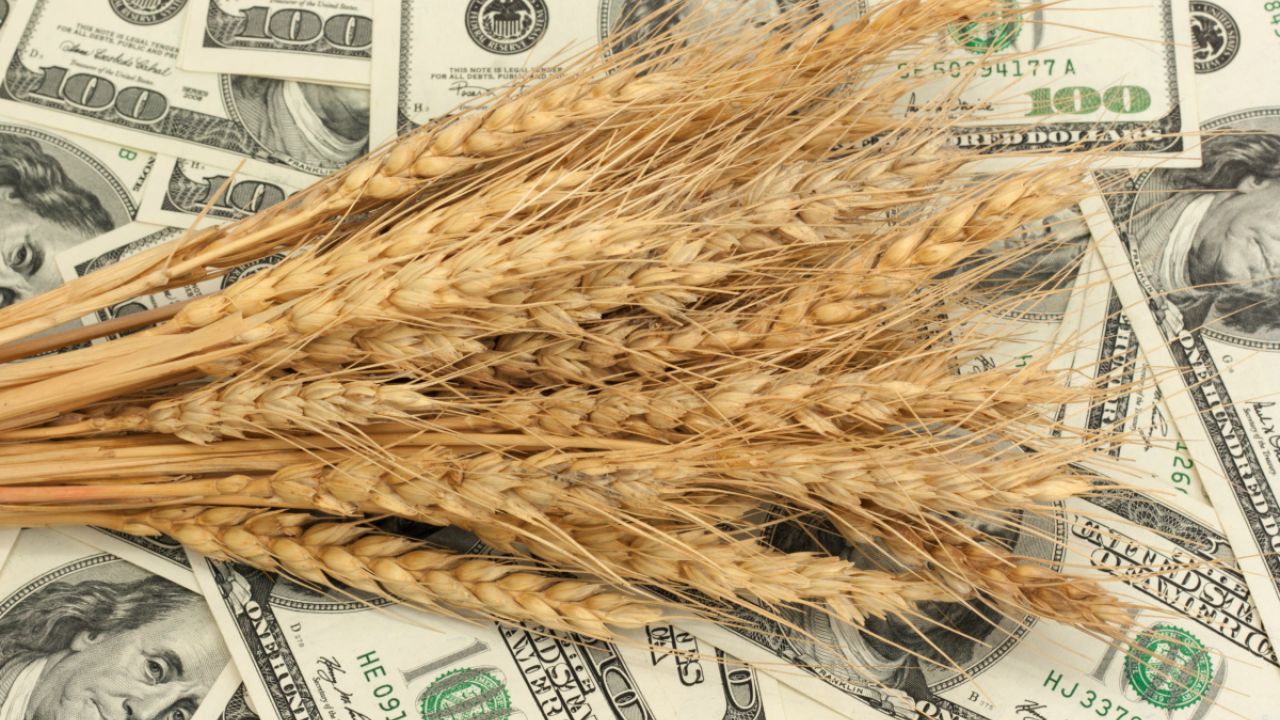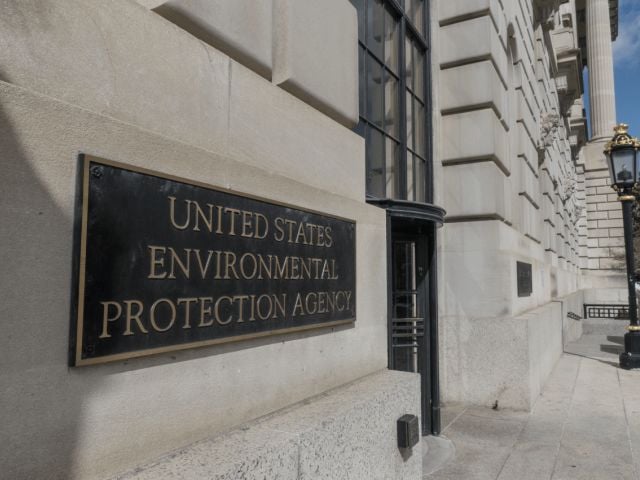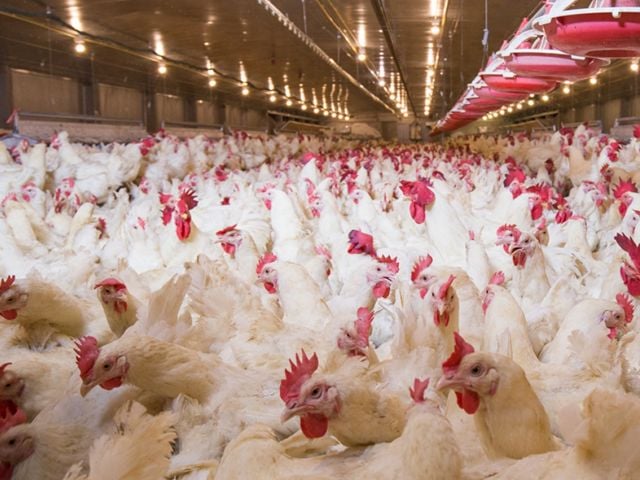
Do you support the federal government handing out unlimited crop insurance subsidies to millionaires and billionaires without disclosing who gets them?
That question – and many more – was nowhere to be found in the crop insurance industry’s poll of 1,000 registered voters released this week.
While some poll questions asked voters how favorably they thought of farmers and the government paying a portion of crop insurance premiums, it provided an incomplete picture of the crop insurance program.
For instance, do most Americans know that crop insurance is the primary way that the federal government subsidizes farmers today? Probably not.
The vast majority of crop insurance policies insure against losses in revenue, not losses in crop yield – another fact probably missed by most Americans.
How would voters feel if they knew that although millionaires and billionaires are no longer able to collect traditional commodity subsidies, they can and likely do collect unlimited premium subsidies through crop insurance?
In 2011, 26 farming operations collected more than $1 million each in premium subsidies while the bottom 80 percent of policyholders received an average of $5,000 apiece.
Much of the story behind crop insurance is unknown to the majority of Americans. They don’t realize that the government reimburses crop insurance companies for the cost of selling insurance policies while also shouldering much of the cost of reimbursing farmers who experience losses.
Growers who get crop insurance subsidies are also eligible for numerous other farm subsidies. Two new ones enacted in the last farm bill, known as Agriculture Risk Coverage and Price Loss Coverage, pay farmers for the exact same “loss” as crop insurance. These subsidies are expected to cost taxpayers more than $19 billion from 2016 to 2018 – 70 percent more than originally projected.
Other farm subsidies have payment limits, which means that farmers can only collect a certain amount of money and that people who make more than a million dollars a year can’t get those subsidies at all. Not crop insurance.
And although the names of recipients of all other farm subsidies are required to be disclosed to the public, along with the amount of money they received, the government hides the identities of recipients of crop insurance subsidies from taxpayers and members of Congress.
What the crop insurance industry appears to be doing is polling consumers based on the false premise that groups calling for crop insurance reform are somehow trying to get rid of the program altogether.
Of course there should be a safety net for farmers. But the federal crop insurance system we have today more closely resembles income support than the safety net most Americans would expect.
Earlier this year the Obama administration released a proposal to reform the crop insurance program and save taxpayers an estimated $18 billion over the next 10 years. It would not eliminate crop insurance for farmers, just lower the premium subsidies so that the share that farmers and taxpayers each contribute is closer to 50-50.
Testifying in support of the proposal before the House Appropriations Committee, Secretary of Agriculture Tom Vilsack said it’s time we had a more equitable partnership between the farmer and the taxpayer.
That’s probably something that all Americans would agree is a good place to start.


